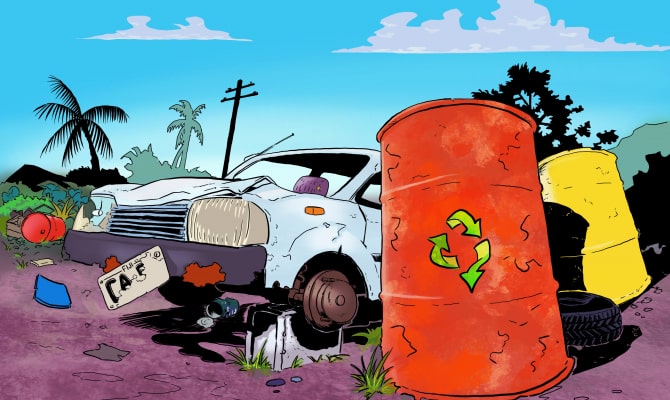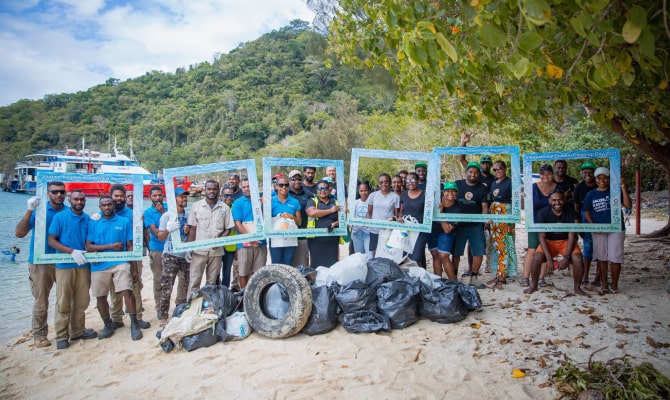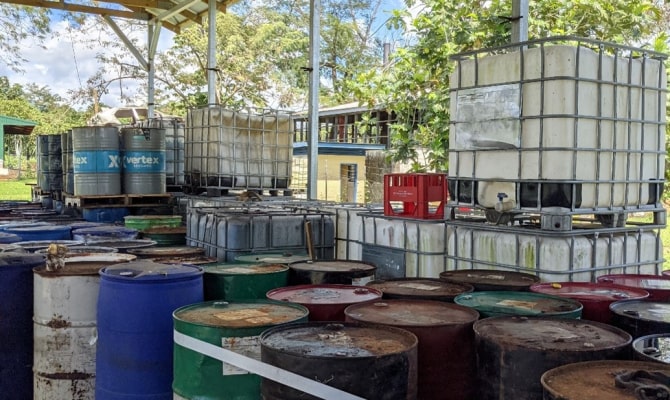
SWAP Gender Strategy
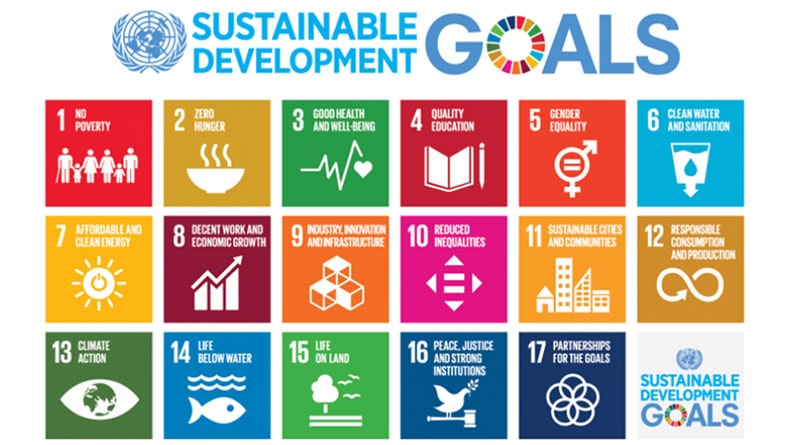
Gender equality is at the forefront of public debate after the United Nations (UN) set out gender equality and the elimination of inequalities in its 17 Sustainable Development Goals (SDGs) in 2015.
The UN states that environmental issues affect women and men differently due to societal norms and gender-differentiated work. In particular, women whose livelihoods depend on agriculture and the use of natural resources are at greater risk from environmental disasters due to insecure land tenure, less access to infrastructure and more time spent on unpaid domestic and care work.
In short, unequal participation in decision-making processes further exacerbates inequalities (UN, 2019, 2020).
Prioritising gender equality and social inclusion is also an important part of the SWAP project. It is estimated that increasing women's economic participation in the Pacific island countries and territories (PICT) will more than double overall labour productivity (from 7% to 18%), thereby stimulating growth and reducing poverty (International Finance Corporation (IFC)).
Involving women in addressing environmental issues can be seen as a key to their success and sustainability. According to a SPREP study (2012), women have local knowledge of and leadership roles in environmental issues at home and in their communities. In Fiji, 48% of women were found to manage household waste and 58% were engaged in cleaning the house, preparing meals, and feeding children. Women's political participation reflects the voices of more citizens. In particular, at the local level, women's participation as leaders improves the outcomes of climate-related projects and policies, whereas policies and projects implemented without women's participation fail to deliver.
Nevertheless, various efforts are required to redress gender equality in the Pacific islands. Traditional habits and Christian values are prevalent in the Pacific islands and can be used to support conservative views that are not necessarily positive for gender equality and inclusion (Crook, Farran et al., 2016). This further enhances the need to promote a better understanding of reforms about gender equality and reforms towards positive gender equality in the implementation of waste management strategies and resource allocation generated through SWAP projects.
SWAP project will implement the following as an action plan throughout the project's activities.
Note: This story has been developed with the support of the University of Newcastle (Australia) as part of a partnership between SWAP and the University through Work Integrated Learning. As such, the SWAP coordinator acknowledges all the students involved in this collaboration, including Mr. Kaito Nagata for this article.
